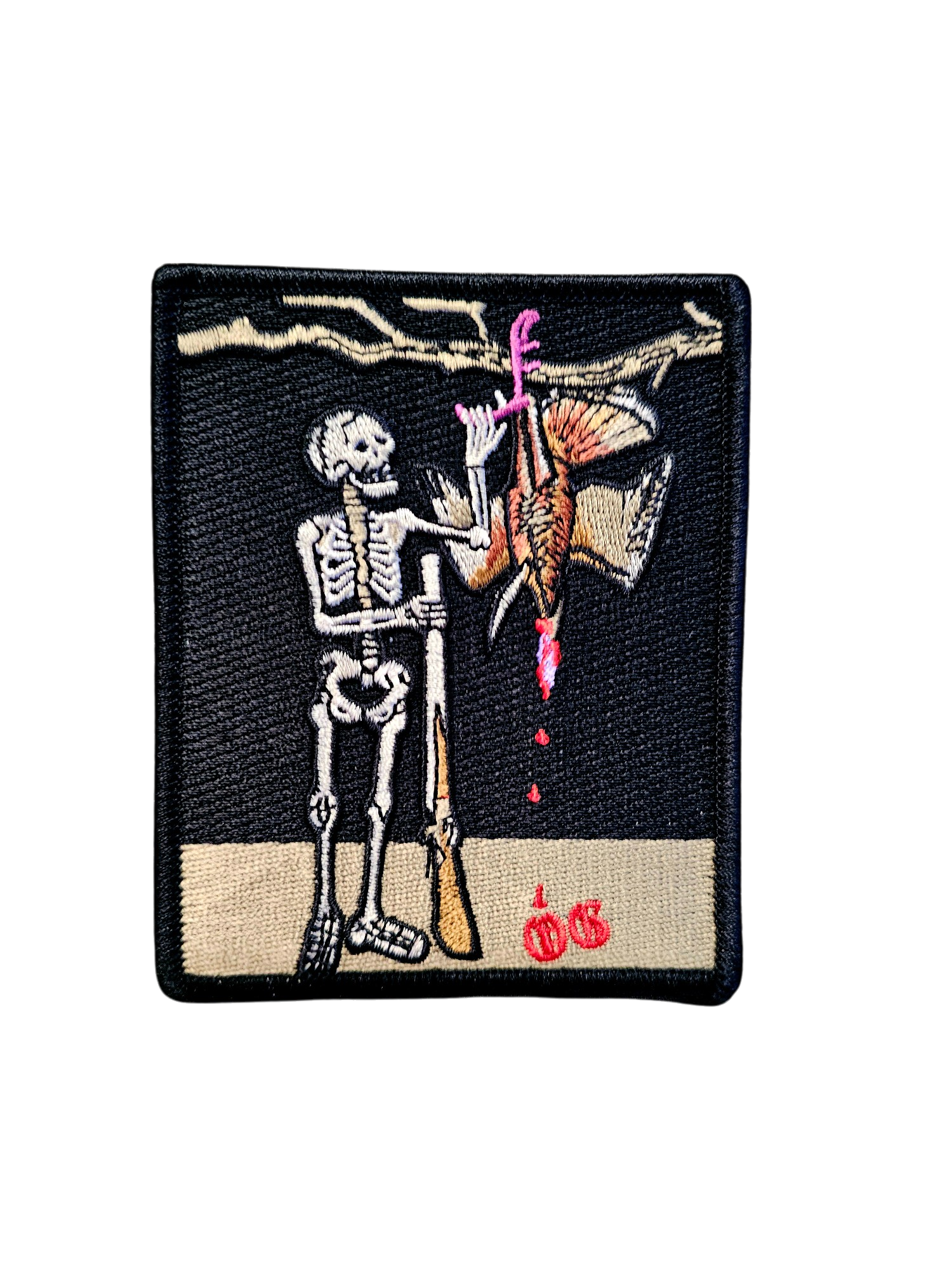        |
Locator Call for Beginner?Started by Turkeytider, October 06, 2020, 12:46:21 PM Previous topic - Next topic
User actions
|
        |
Locator Call for Beginner?Started by Turkeytider, October 06, 2020, 12:46:21 PM Previous topic - Next topic
User actions
|